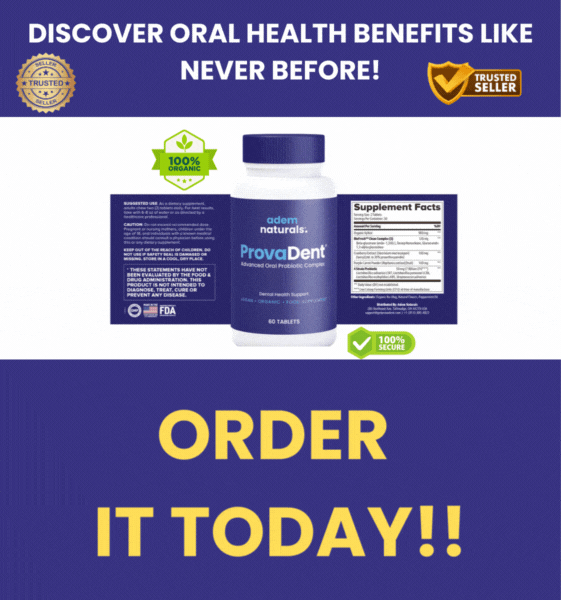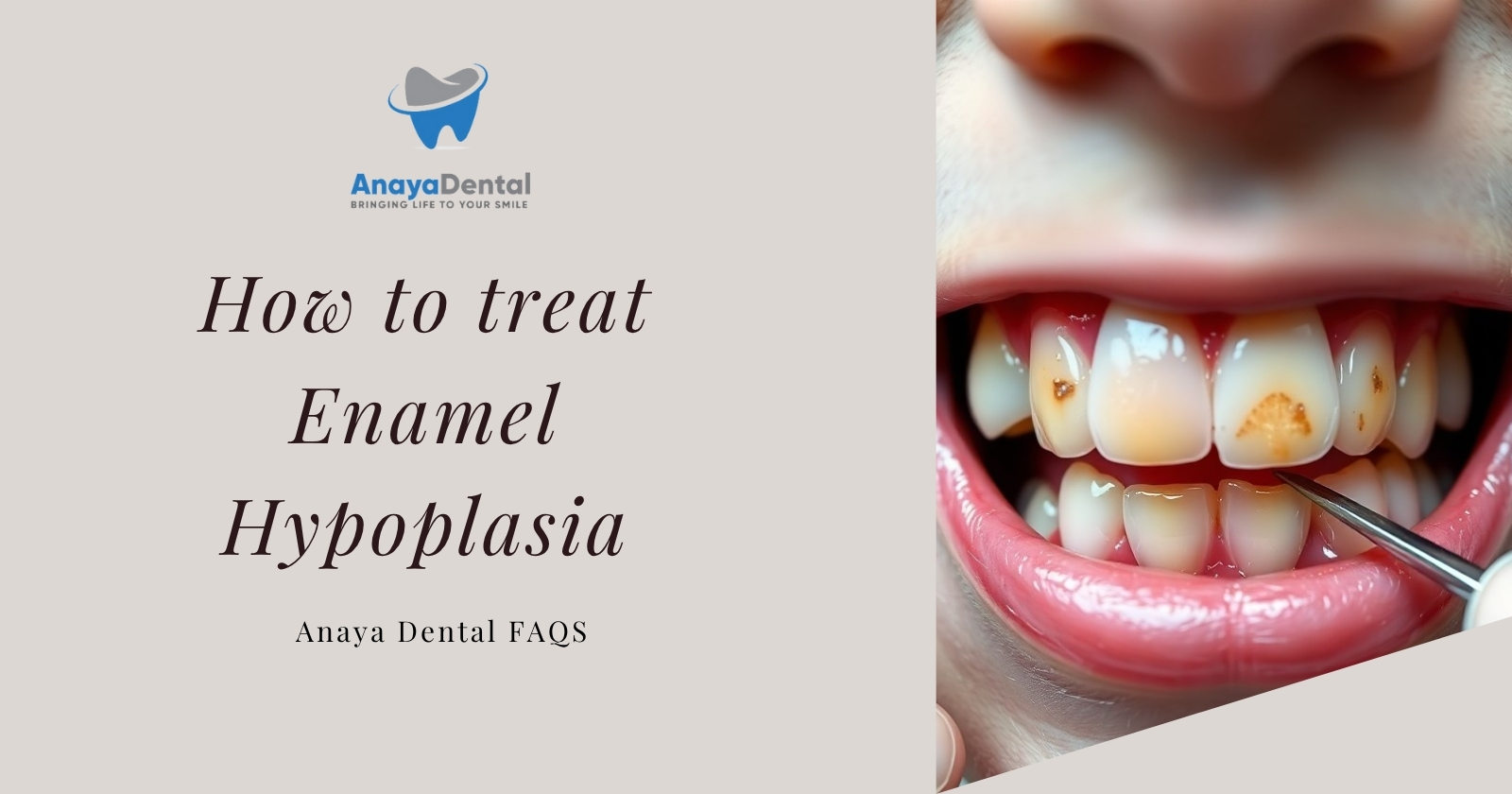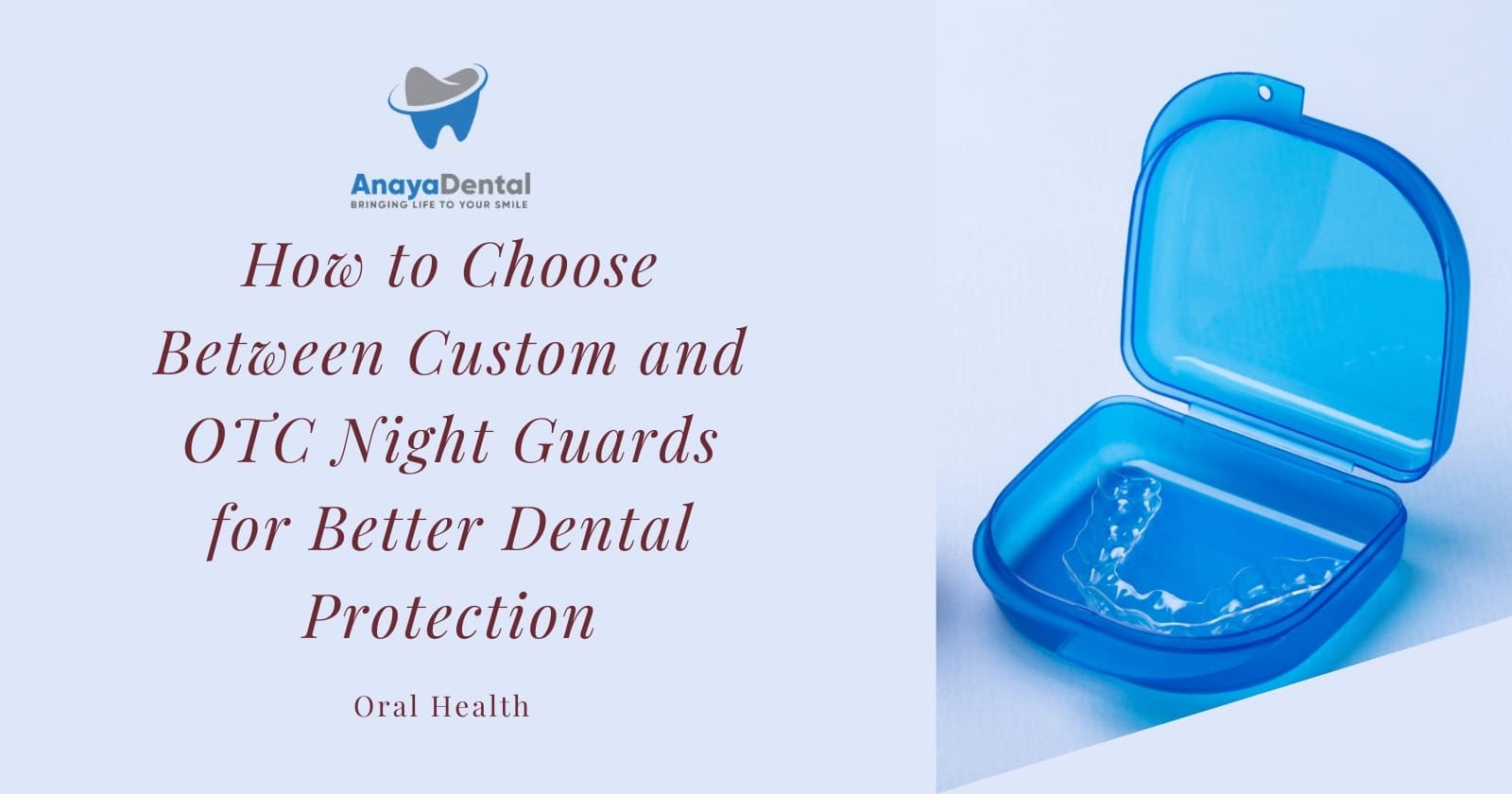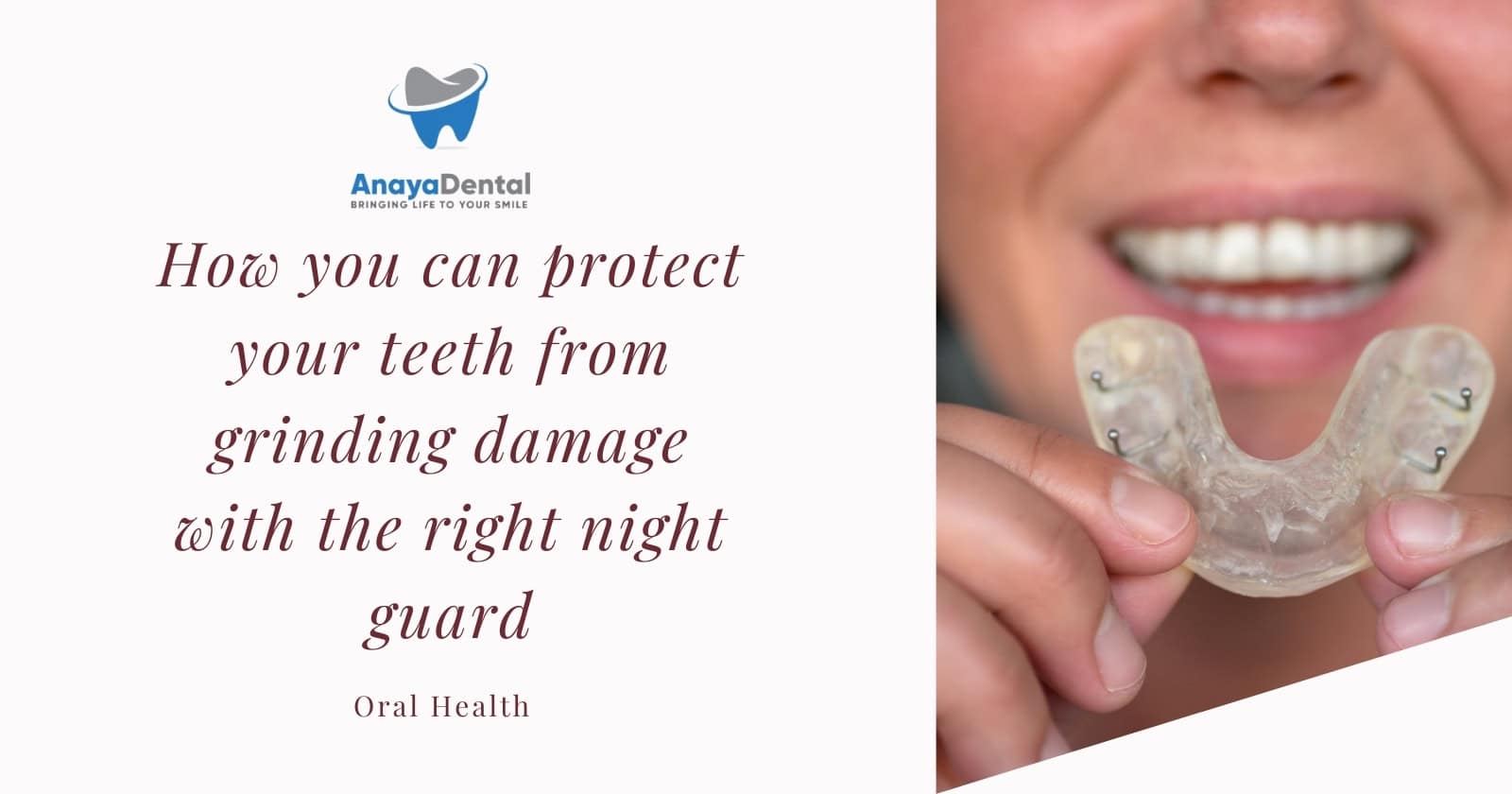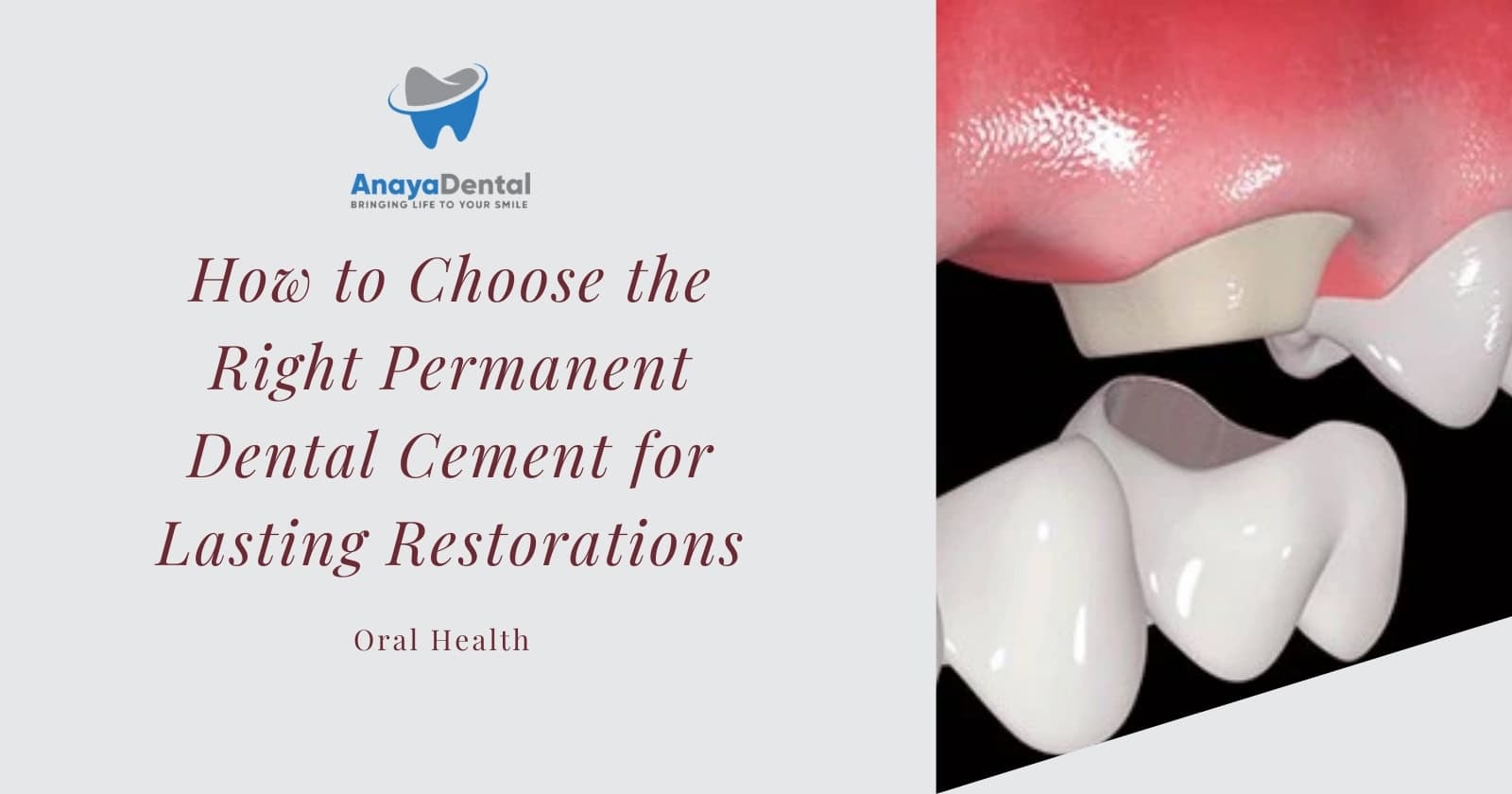Over time, a tooth infection can lead to significant swelling in your face, causing discomfort and concern. It’s necessary to address this issue promptly to alleviate pain and reduce inflammation. In this guide, you’ll discover practical steps you can take to manage swelling, improve your comfort, and promote healing. From home remedies to when to seek professional help, you’ll be equipped with the information needed to tackle your tooth infection effectively.
Understanding Tooth Infections
Your dental health is closely linked to your overall well-being, and a tooth infection can significantly impact both. When bacteria invade the pulp of a tooth, it can lead to an abscess, which may result in pain, swelling, and infection spreading to surrounding tissues. Understanding the nature of tooth infections is important for addressing the swelling in your face, as the infection can affect soft tissues and bones in your jaw area.
Common Causes of Tooth Infections
Little things like poor oral hygiene, untreated cavities, or dental trauma can lead to tooth infections. Bacteria can enter through decayed teeth or damaged gums, making it vital to maintain good oral health practices to prevent these issues from escalating. Regular check-ups with your dentist can help identify problems early before they turn into infections.
Try Our Dental Calculators
Symptoms and Signs of a Swollen Face
To notice the signs of a swollen face, you should pay attention to changes in your appearance and sensations. Swelling can occur around your cheeks, jaws, or eyes, often accompanied by pain or tenderness in the affected area. This swelling typically indicates that there is inflammation because your body is combating the infection.
Tooth infections may lead to noticeable swelling that can affect your daily life. Often, it can make speaking, eating, or even brushing your teeth uncomfortable. Accompanying symptoms might include redness of the skin, a feeling of warmth in the swollen area, or even difficulty opening your mouth. Recognizing these signs early can prompt you to seek dental care efficiently.
How to Address Swelling Promptly
It is vital to take immediate action when facing swelling from a tooth infection. Early intervention can help reduce discomfort and prevent the situation from worsening. Begin by assessing your symptoms and considering the most effective methods for relieving swelling. Whether you choose home remedies or over-the-counter options, addressing the issue promptly will be beneficial for your recovery and overall well-being.
Home Remedies for Immediate Relief
Swelling can often be alleviated with simple home remedies. Applying a cold compress to the affected area for 15-20 minutes can reduce inflammation and numb the pain. Rinsing your mouth with warm salt water can help cleanse the area and soothe irritation. Additionally, elevating your head while sleeping may encourage fluid drainage and diminish swelling.
Over-the-Counter Medication Options
Now, if home remedies do not provide sufficient relief, over-the-counter medications can be effective. Nonsteroidal anti-inflammatory drugs (NSAIDs) like ibuprofen can help reduce pain and swelling, allowing you to manage your symptoms more comfortably while you seek further treatment.
A common choice for addressing swelling and discomfort is ibuprofen, which not only alleviates pain but also reduces inflammation. It’s important to follow the recommended dosage on the packaging, and consult with a pharmacist or healthcare provider if you have any underlying health concerns or are taking other medications. If the swelling persists or worsens, seeking professional dental care is vital to address the infection properly.
Tips for Long-Term Relief
Some effective strategies for long-term relief from swelling due to tooth infections include:
- Maintaining regular dental check-ups
- Practicing good oral hygiene
- Managing stress levels through relaxation techniques
- Avoiding sugary foods that can promote infections
Assume that incorporating these habits can significantly improve your dental health and reduce the risk of future infections.
Oral Hygiene Practices
Even with treatment, maintaining impeccable oral hygiene is necessary for your recovery. Brush and floss daily, and consider using an antibacterial mouthwash to help eliminate harmful bacteria. Regular visits to your dentist will also ensure that any underlying issues are addressed before they progress.
Dietary Recommendations for Recovery
Recommendations for your diet during recovery include incorporating anti-inflammatory foods, such as fruits, vegetables, and whole grains, while reducing sugar intake. Staying hydrated is also necessary, so drink plenty of water to support recovery.
For instance, foods rich in omega-3 fatty acids, like salmon, can help reduce inflammation in your body. Incorporate more garlic, ginger, and turmeric into your meals, as they possess natural anti-inflammatory properties. Opt for soft foods if you’re experiencing discomfort and consider smoothies or soups that provide adequate nutrition without putting pressure on your teeth.
When to Seek Professional Help
Now, it’s important to know when it’s time to seek professional help for a swollen face caused by a tooth infection. If your swelling is severe or accompanied by other symptoms such as fever, chills, or difficulty swallowing, do not hesitate to contact your dentist or an emergency medical professional. Prompt treatment can prevent complications and provide you with the relief you need.
Signs You Need a Dentist
Help is needed when you experience persistent swelling, intense pain, or a bad taste in your mouth that does not improve with home remedies. Other signs include fever, swelling spreading to your neck or eyes, or if you have difficulty breathing. If you notice these symptoms, it’s best to consult a dentist immediately.
Treatment Options Offered by Professionals
Professional treatment for a tooth infection may include a variety of options tailored to your needs. These can range from antibiotics to clear the infection, draining of any abscess, or even procedures such as root canals to save the affected tooth.
A dental professional will assess your condition and recommend the best course of action. Antibiotics may be prescribed to combat the infection, while drainage can alleviate painful swelling. In some cases, root canals or tooth extractions may be necessary to prevent further complications. Your dentist will guide you through the treatment process to ensure your recovery is effective and comfortable.
Factors That Exacerbate Swelling
Despite your best efforts to manage a tooth infection, certain factors can worsen swelling in your face. Understanding these triggers can help you take preventive measures.
- Infection severity
- Diet high in sugars or processed foods
- Smoking or tobacco use
- Lack of proper oral hygiene
- Allergic reactions
The right interventions can significantly reduce inflammation and help you recover more quickly.
Lifestyle Choices
Little changes in your daily routine can make a big difference in managing facial swelling. Changes such as maintaining hydration, eating nutritious foods, and avoiding alcohol can help reduce inflammation and support healing. Additionally, implementing good oral hygiene practices is vital for preventing further complications.
Pre-existing Health Conditions
Lifestyle choices can impact your body’s ability to fight infections, particularly if you have underlying health issues. Conditions such as diabetes, autoimmune diseases, or heart issues may complicate your response to dental infections and lead to increased swelling.
It is important to consult your healthcare provider about how your pre-existing health conditions can affect tooth infections. They may recommend specific treatments tailored to your unique situation or suggest lifestyle modifications that promote better health outcomes. Addressing these concerns early on can help you minimize swelling and expedite healing.
Preventative Measures to Avoid Future Infections
Not maintaining good dental hygiene can lead to tooth infections and subsequent swelling. To prevent future issues, ensure you adopt regular dental care practices. This includes brushing your teeth at least twice a day, flossing daily, and using mouthwash to combat bacteria. Staying proactive about your oral health will minimize the risk of infections and keep your smile bright.
Regular Dental Check-ups
Avoid skipping your dental appointments, as regular check-ups are vital for detecting potential problems early. Visiting your dentist every six months allows for professional cleanings and timely treatment of any emerging issues, helping to maintain your oral health and prevent painful infections.
Safe Dental Practices at Home
You should ensure that your at-home dental care routine is effective. This means not only brushing and flossing but also using the right techniques and tools. Additionally, maintaining a balanced diet and reducing sugary snack intake can play a significant role in protecting your teeth from decay and infection.
Measures that enhance your dental practices at home include selecting a toothpaste with fluoride, using a soft-bristled toothbrush, and replacing your toothbrush every three months. Incorporating regular tongue cleaning and rinsing with an antibacterial mouthwash can further reduce bacteria. Such practices will significantly bolster your efforts to keep infections at bay and promote overall dental health.
To wrap up
Following this guide, you can effectively manage a swollen face due to a tooth infection. Begin by addressing the infection with professional dental care, while utilizing ice packs and over-the-counter medications for immediate relief. Keep your head elevated and stay hydrated to reduce swelling. If symptoms persist or worsen, seek prompt medical attention to prevent complications. Your oral health is vital, so prioritize proper hygiene and regular check-ups to avoid future issues.

